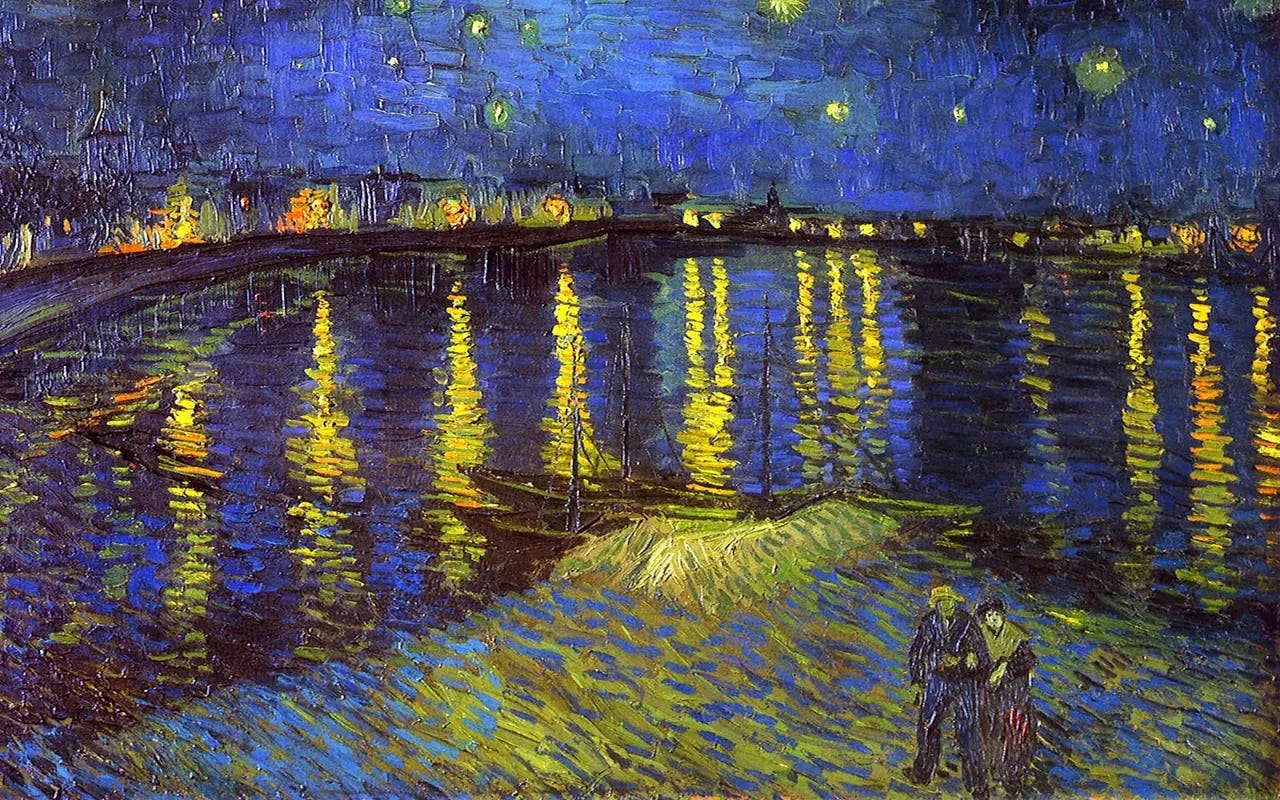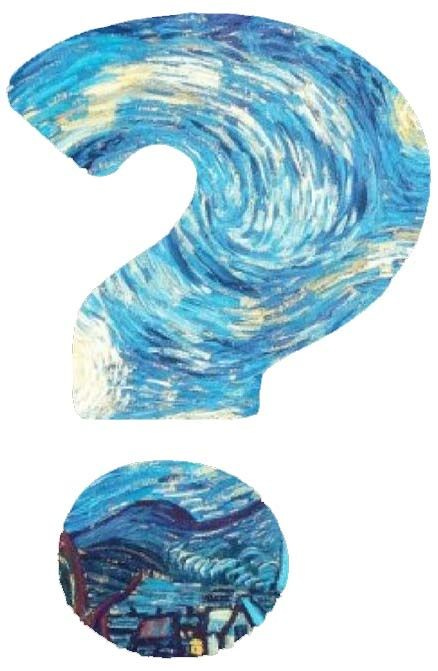Chapter 1: What is the life you dream of?
Asked how he imagined and painted such beautiful paintings, Vincent Van Gogh was once quoted as saying, “I dream my painting, and then I paint my dream.” I’ve been to a few Van Gogh exhibits multiple times, including at the Art Institute of Chicago when I lived, performed and taught in the city, as well as in my hometown at the Detroit Institute of the Arts. Much of the painter’s actual life was anything but a dream, other than when he was in the act of painting, according to his letters. His later adult years otherwise consisted of impoverished living conditions and recurrent mental health incidents and crises culminating in him shooting himself and dying at the age of 37 in 1890. One of his last paintings was his iconic The Starry Night, which he painted while committed in an insane asylum, and he wrote in a letter to his brother Theo, “I don't know anything with certainty, but seeing the stars makes me dream.” His letters were collected and published by Theo’s wife in 1914, and as more of his works became known as the 20th century progressed, the mythical idea of him being such an unappreciated, lonely, struggling genius of an artist helped grow his reputation into one of the most recognized painters of all time.
Now, Van Gogh probably feels like a very strange example to be reading about at the beginning of a book that’s supposed to be about making more money and having a more prosperous life and career in the arts. And there is so much more to his life than I can give justice in just a couple of paragraphs. But his life was one of the more extreme historical examples that seem to justify the glorified “starving artist” mindset. At least on a subconscious level, this type of mindset, often perpetuated by a wide variety of related and unrelated social and economic variables, continues even today to wreak havoc or threatens to wreak havoc on the health and well-being of so many artists and their God-given talents. All of Van Gogh’s known paintings and even replications of his paintings have since been sold and resold at record-breaking prices and auction bids over the past century, and because of examples like this, many have bought into the mythology that suffering is a requirement for good art. If you at all feel stuck with the “money vs. art” debate, or with the other common money challenges people face as artists, educators, or persons of faith, one of my goals is to help you get unstuck and on a pathway to the more abundant and prosperous life you’re worthy of living. I believe the more we collectively earn, the more collective good we can ultimately do for to the world. Moreover, more money in the hands of more artists can only make the world more beautiful!
Like Mozart, Beethoven, Schubert, and so many others before and after who died too young, I can’t help but wonder: what if Van Gogh, who only sold one painting during his lifetime, could have received at least some of the posthumous monetary windfall and recognition when he was still alive? What other dreams from seeing the stars might he have been able to afford to realize? What if the other figures who lived miserable or only modest lives could have received, while still alive, even a small portion of all the wealth that has since changed hands in their name? What if it was possible? Could they have preserved their health longer and thus lived on to create an even greater number of works of even higher quality? Could they have had an even greater impact on the world? Personally, since Papageno in The Magic Flute was one of my favorite opera roles as a lyric baritone, I’ve always wondered what other similar operas Mozart could have been written had he lived past the age of 35. While we can’t change the past, we can forever ask these “What if?” questions of ourselves. Our greatest power as humans is the power to choose. As long as we continue to live in this lifetime, we will forever have this power to choose to make changes in the present in order to create the more authentic, vibrant, and prosperous future we desire so we can indeed make the world even more beautiful than it was when we arrived.





